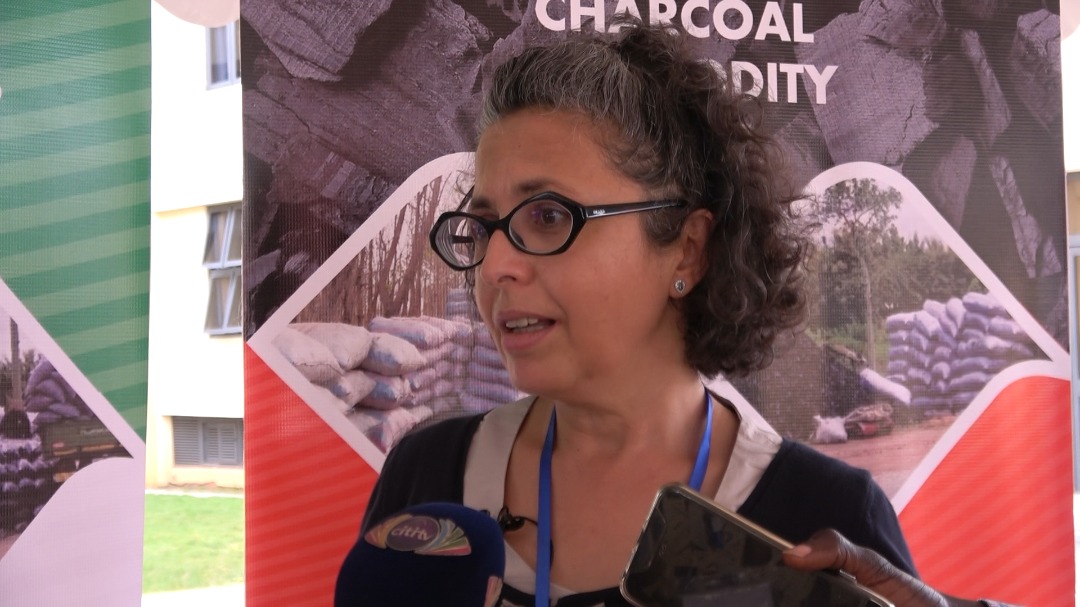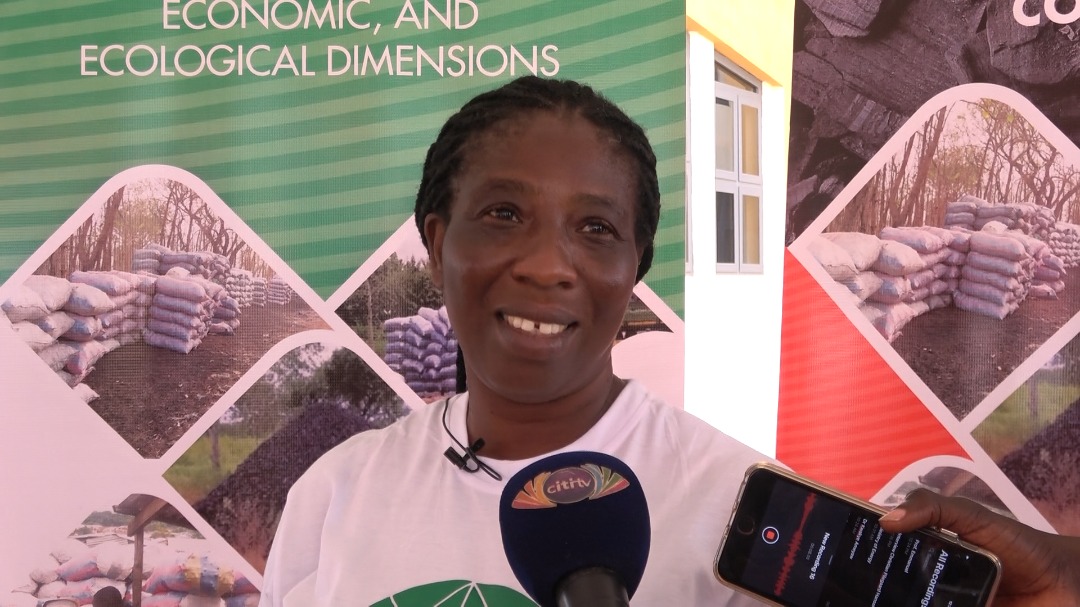Natural resources and energy specialists are urging the Lands and Natural Resources and the Energy ministries to implement measures to formalize and regulate the woodfuel sector to ensure sustainability, while ensuring that people’s source of livelihood is not disrupted.
Many households and institutions have for years relied on woodfuel such as charcoal and firewood for cooking.
While woodfuel is an essential commodity, several concerns have been raised with respect to environmental sustainability.
Authorities in the Savanna Region of Ghana, for instance, have even banned commercial charcoal burning, which has received strong criticism from stakeholders within the space.
Many who rely mostly on the commodity lament that their source of livelihood has been cut.
In a bid to address issues concerning sustainability in relation to woodfuel, four organisations in 2015, namely; the Kwame Nkrumah University of Science and Technology (KNUST), University of Ghana, Tropenbos Ghana and the University of Copenhagen (Denmark) began a research to look into how best stakeholders can tackle the issue.
The research showed that about 90,000 Ghanaians make a living out of the charcoal value chain alone, as it generates close to $66 million each year, and as a result, action needs to be taken to protect people and the environment.
The research was climaxed with a conference under the theme; sustainable woodfuel value chain in Africa: governance, social, economic and ecological dimensions.
The principal investigator for the project, Prof. Emmanuel Acheampong, who spoke to Citi Business News on the sidelines of the conference, highlights the level of reliance some Ghanaians have on charcoal and the revenue it generates.

“We realized that about ninety thousand individuals along the value chain earn a living from charcoal production in Ghana. Along the chain too, the amount of income that is generated is about 66 million dollars per annum. So, we are able to quantify it. In terms of the volumes of charcoal that is produced every year, it is around five hundred and eighty-nine thousand tons”.
In order to come up with policies to safeguard the interest of all stakeholders, some specialists have been outlining measures the government of Ghana and other African countries can adopt.
“There is the need to deal with this demand situation. One of the responses is to prepare plantations for woodfuels. Also, the institutions of state; the ministry of lands and natural resources and the energy ministry should have ideas about the formalization of the sector have rules and regulations to govern it. It has to be done in such a way that it takes into consideration the way the charcoal is produced and traded in this country,” Christian Pilegaard Hansen, lecturer at the University of Copenhagen, stated.


“It is really important to ensure that communities are well supported and have alternatives for their livelihoods. Also, farmers and forest producers are really reliant on this energy, and so they should be considered,” Nora Berrahmouni, Senior forestry officer at FAO Africa added.
The director of Tropenbos Ghana, Mercy Owusu Ansah, who has been leading her team to organise forums with stakeholders, has underscored the need for all actors along the charcoal value chain to be properly engaged.

“So, we make sure that all stakeholders are coming together and are discussing the issue of charcoal. We make sure that they are talking to each other and sharing ideas. At the same time, we respond to questions that each stakeholder has when it comes to charcoal production”.
Government has also been outlining strategies it is adopting to address the issue.
The aide to the Energy Ministry, Rodney Nkrumah Boateng who represented the sector minister, made known government’s plan.
“Government of President Nana Addo Dankwah Akufo-Addo is committed to the country’s commitment under SDGs 7. To this end, we are focused on expanding the adoption of market-based cleaner cooking solutions and sustainable charcoal production. In order to achieve this, we are working on scaling up the adoption of liquefied petroleum gas for households, commercial and institutional purposes from 25% to 50% nationwide by 2030. We are also scaling up access to, and adoption of, improved biomass stoves by 3 million households by 2030”.